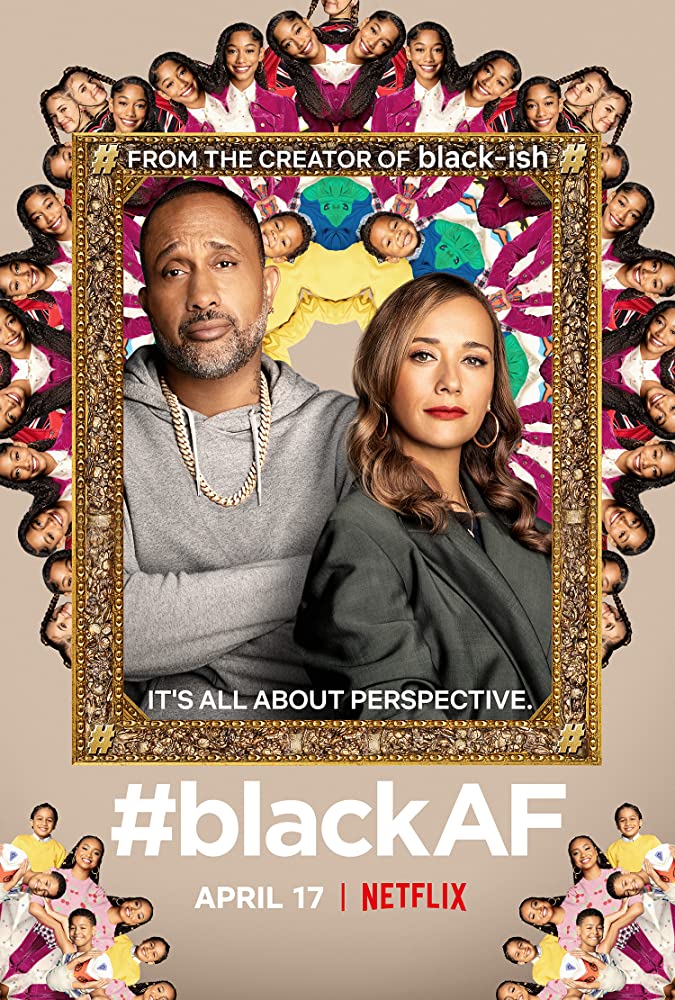Let me explain how much I was looking forward to the release of Lang Fisher and Mindy Kaling's new Netflix series, Never Have I Ever: I specifically took the day off work today so I could bingewatch it all. And now I'm here blogging about it and telling you it is just as great as I hoped it would be (actually, greater), and you should drop everything you're doing and watch it too. Come on, no one's going on vacation any time soon, so you might as well take a holiday to indulge in this televisual treat.
The show is centered on Devi (newcomer Maitreyi Ramakrishnan, who is all set to be the next teen sensation), an Indian-American high schooler in California, who had a pretty brutal end to her freshman year. And when I say "brutal," I don't just mean teen bullying, I mean that her father died and she subsequently was psychosomatically paralyzed for three months until she finally got up from her wheelchair and was fine. But don't worry, we get through all of that in a breezy five minutes in the first episode. I swear this is actually a comedy. And by the way, the whole thing has voiceover narration from John McEnroe. Which, I know, sounds so bizarre, but trust me, it's hilarious. There is no better voiceover for the trials and tribulations of a dramatic brown girl than John McEnroe.
Devi lives with her dermatologist mother, Nalini (Poorna Jagannathan, who should get twenty Supporting Actress awards for this role), a strict South Asian mom who is trying to figure out how to raise an American teenager all by herself. Devi's cousin, Kamala (Richa Moorjani), is also living with them while she studies engineering at Caltech. So what you have are three Indian women who are having three very different experiences of what it means to be Indian in America. Nalini is the older immigrant, who came over here with very traditional notions of living the American dream, while her daughter was born and raised in the States and therefore has very different notions of what you are meant to be doing in high school. Kamala lies somewhere in the middle of that spectrum - having grown up in India, she is fairly traditional like Nalini, and wants to please her family, but now that she's got a taste of freedom in America, some of those traditions may not stick.
The show is an absolute delight in the way that it plays with every aspect of Devi's identity and the clash between the life she lives at home versus the life she leads at school. This show jumps right in with the raunchy premise that Devi wants to have sex this year, and this girl does not pull any punches. She is, of course, a straight-A student with a slew of extracurriculars, and she sets about excelling in this particular venture like any other. Which brings us to the romantic complications that are at the heart of any show created by Mindy Kaling. There is an extremely hot boy that Devi is lusting after (who happens to be half-Japanese, just to add some more fun diversity into the mix), and then there's her extremely annoying childhood rival. It's pretty clear how things are going to pan out there, but rather than the classic Darcy-Wickham conundrum, this situation is a little less black and white. Both boys are immensibly likeable whilst carrying plenty of emotional baggage, and it will certainly be fun to see how things go in future seasons.
But the focus of this first season is Devi. She's in therapy to deal with her father's death (with Niecy Nash playing the therapist we all wish we had), and the season builds to some important breakthroughs that are needed for our heroine to really get her life back on track. The last few episodes are definitely emotional, but this is first and foremost a splendid comedy. This show feels like it was written by a bunch of people who truly love a great one-liner. It is eminently quotable, brimming with excellent jokes even when it is serving a heaping dose of emotional upheaval. My favorite is Episode 4, where Devi has to celebrate Ganesh Puja with her family and fully lean into her Indianness. There's the cool pundit, the shunned divorcee, the "aunties" who aren't related to you by blood but have lots of opinions about your life that you have to politely listen to because you're Indian. She talks about how she can feel too Indian and then subsequently not Indian enough, and she hates all of it. Girl, preach.
Never Have I Ever is a poignant, witty, and sharply-observed comedy that will delight all brown people and will certainly introduce everyone else to what their Indian friends and colleagues go through every day. There are so many throwaway details, like everyone leaving their shoes outside the building before a puja, or the family eating dosas for dinner, or when Devi's mom calls her "kanna." The production and costume design are a whimsical delight, as with any Kaling show. The cast are all incredible and never feel like caricatures. I haven't even discussed Ramona Young and Lee Rodriguez, who play Devi's best friends, Eleanor and Fabiola; they introduce even more diversity into the mix and liven up the proceedings with their own family dramas. And yet, everyone comes together to make this messy, vibrant, loving world. While the point of this show might be to shine a spotlight on Indian Americans and the various weird things we get up to, the ultimate plot is that we're all still struggling with the same old universal dilemmas. It's about knowing yourself, managing your relationships, and getting through adversity. Never have I ever loved a show so much.



